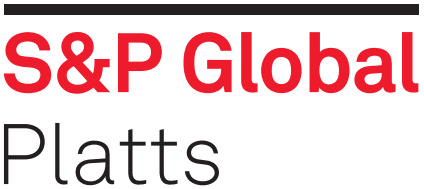
Austrian steelmaker Voestalpine said Wednesday that the third quarter of its April-March business year is likely to be as difficult as Q2 in terms of earnings because of weak demand from the car sector, global trade conflicts and low steel prices.
“The slowdown in the momentum of the automotive industry has been both more intense and widespread than originally expected, even though the new emissions test that was introduced in September of this year did not trigger the distortions seen a year ago. The global trade war along with protectionist policies have clearly crimped investments in many parts of the world and thus have led, particularly toward the end of the first half of the 2019-20 business year, to significant demand declines in many markets that are key to the Voestalpine Group,” the company said.
“Although iron ore prices did ease over the summer, the expected margin growth did not materialize. Record imports into the European Union combined with weak intra-European demand continued to depress steel prices at the end of the current reporting period.”
For the Voestalpine Group, the first half of the business year 2019-20 was defined by a substantial dampening of sentiment in its economic environment. Particularly in Europe, where Voestalpine generates about two thirds of its revenue.
Having made large investments in recent years, the Voestalpine Group is cutting back in the current business year against the backdrop of the weakening economy. Accordingly, the investment volume in the first six months of the 2019-20 business year was down 29% on the year to Eur338 million ($375 million) in the reporting period. The group’s largest ongoing investment project — the construction of a new high-tech special steel plant at a cost of up to Eur350 million at its Kapfenberg, Austria, site — is proceeding as planned and is slated to become operational in 2021.
Voestalpine’s revenue was down 2% on the year in the first half of the business year at Eur6.5 billion. The fall in earnings was even greater: EBITDA dropped by 23% on the year to Eur666 million in the current business year. EBIT fell by more than one half to Eur230 million from Eur480 million.




